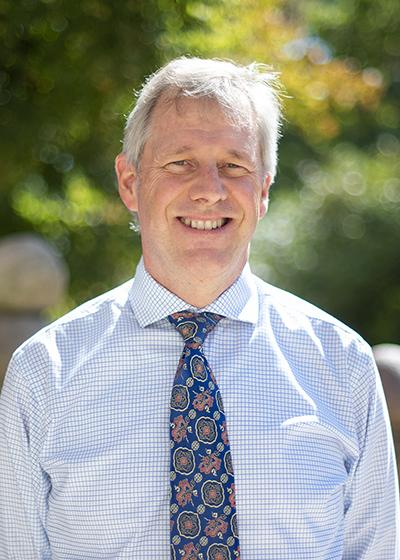- Title: Teaching Professor
- Department: Department of Geography
ABOUT
Q: What are your current research interests?
I study cartography focusing on topics such as map design, history of cartography, map projections, datums, and grid systems.
Q: What lead you to your specific field and when did you know you wanted to pursue a career in your specific field?
I started my undergraduate degree as a math major. Cartography, especially the field of map projections, satisfied my mathematical curiosity.
Q: What is the most rewarding part of your work and what challenges you?
Seeing students develop an interest in cartography to the point of them wanting to pursue the field as a career.
STUDENT RECRUITMENT
Q: Why should students choose a major in your field?
Cartographers rely on computers to visualize spatial data. As such, they have knowledge that includes creating web mapping apps, using programming languages, analyzing spatial data with GIS, applying graphic design skills, and developing and designing geospatial databases.
Q: What are some of the career opportunities for students who a choose major in your field?
As a cartographer, the career opportunities are numerous and exciting. The world and all that inhabits it are in a constant state of dynamic flux. To really understand what exists on our planet and its distribution, the spatial patterns need to be visualized. Maps do this.
Q: Do you offer opportunities for undergraduate students to participate in research? If yes, please describe briefly.
I involved two undergraduates with a recent project that developed a custom coordinate system for Penn State University’s police and emergency responders for the parking lots surrounding Beaver Stadium.
Q: What advice would you like to share with incoming or current students?
Throughout your undergraduate career, develop an online portfolio of your best work so that you can show that to potential employers. Don’t just rely on a resume to showcase your technical accomplishments, demonstrate your competencies through online working examples.
PERSONAL
Q: Did you go to college with the intention of getting the job you have now? If not, briefly explain how you came to the position you're in now at the University.
I never thought I would become a professor. Working in the private sector didn’t satisfy my intellectual curiosity. I find teaching and research to be more intellectually stimulating. Being in academia isn’t for everyone, but it has been a good home for me.
Q: How do you like to spend your free time? (What are your hobbies or interests outside of work?)
I am an amateur bicycle racer and enjoy playing bluegrass music (I play banjo, mandolin, and guitar).
Q: Who has influenced you the most in life and why?
My father – he always encouraged me to further my education.


